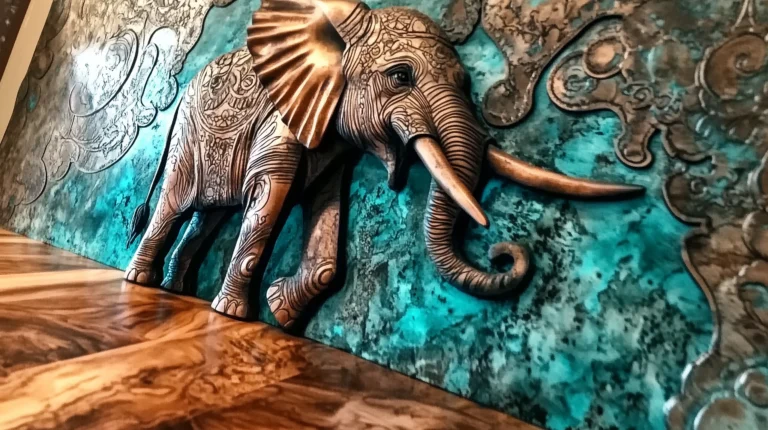Embracing the Self: The Process of Individuation in Carl Jung’s Theory
Understanding ourselves is one of the most challenging and rewarding aspects of being human. According to Carl Jung, a pioneering Swiss psychiatrist, this lifelong journey towards self-realization is known as the process of individuation. This article aims to explain the concept of individuation in a beginner-friendly manner, helping you appreciate this key aspect of Jung’s analytical psychology.
Understanding Individuation
Individuation, according to Jung, is the process by which an individual develops into his or her ‘true self’ by integrating different aspects of their personality. It involves becoming aware of, understanding, and reconciling aspects of the self that are conscious and unconscious, personal and collective. Individuation is not about achieving perfection but is rather about becoming whole by acknowledging and accepting all facets of oneself.
Stages of Individuation
Jung’s process of individuation typically involves the following stages, though the process is unique to each individual and not always linear:
1. Shadow recognition: This first stage involves recognizing and confronting the ‘shadow,’ the hidden, unconscious aspects of our personality that we might deny or ignore. It can be challenging, as it often involves acknowledging traits we perceive as negative or unacceptable.
2. Dealing with the Persona: The ‘persona’ is the mask we present to the world, the role we play to fit into society. This stage involves understanding the difference between who we truly are and the roles we play, and ensuring that our persona does not overshadow our true self.
3. Acknowledgement of the Anima/Animus: This stage involves recognizing and integrating the feminine (anima) aspects in men and the masculine (animus) aspects in women. This process helps bring balance to our personality.
4. Encounter with the Self: This final stage of individuation involves a confrontation with the ‘Self,’ the central archetype that represents the unity, wholeness, and harmony of the entire personality. Encountering and accepting the Self is seen as the ultimate goal of individuation.
The Role of Dreams in Individuation
Jung believed that dreams play an essential role in the process of individuation, as they offer a window into the unconscious mind. By analyzing the symbols and themes in our dreams, we can uncover hidden aspects of our personality and progress on our path towards self-realization.
Individuation and Personal Growth
The process of individuation leads to greater self-awareness and personal growth. As we integrate the different parts of our psyche, we develop a more nuanced understanding of ourselves, which in turn can lead to increased authenticity, creativity, independence, and psychological resilience. While it is a lifelong process, each step towards individuation brings us closer to a more complete and balanced understanding of ourselves.
Conclusion
Jung’s concept of individuation provides a pathway for exploring the self and striving for wholeness. It asks us to delve deep into our psyche, confront and accept all parts of ourselves, and integrate them into our conscious life. Through this process, we can strive to become the most authentic version of ourselves and live a life that is true to who we are. Individuation, in essence, is the journey to become who we were always meant to be.







